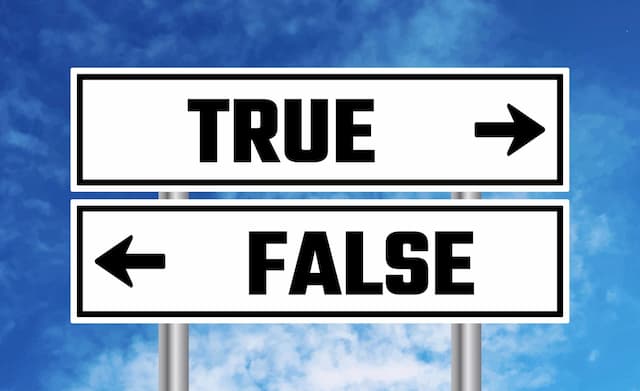Kingdom of God, or Kingdom of heaven?
Is there a difference between “the kingdom of God” and “the kingdom of heaven”? Or are they interchangeable?

What does Matthew mean when he talks about the kingdom of heaven? Modern readers may miss the Jewish story, and imagine he means going to heaven when we die. For example, Jesus said, “Truly I tell you, it is hard for someone who is rich to enter the kingdom of heaven” (Matthew 19:23). So why is it so hard for rich people to get to heaven?
We have four accounts of the Gospel. Matthew is the only one to use the phrase the kingdom of heaven. When Mark and Luke recount the same event, they always use the phrase the kingdom of God. For example, this is how they report John the Baptist’s message:
- Repent, for the kingdom of heaven has come near (Matthew 3:2).
- The kingdom of God has come near. Repent and believe the good news (Mark 1:15).
Follow through with the other 31 cases where Matthew refers to the kingdom of heaven, and you’ll see that Mark and Luke use kingdom of God each time they report the same story. The two phrases both refer to the same thing.
The kingdom of God simply means God’s kingdom. It refers to God’s reign, God’s domain, God’s kingship, the realm and the subjects under God’s governance. In the beginning, God created two realms: heaven (his space) and earth (our space). Earth was intended to operate under the management of heaven. There’s been a rebellion against his reign, but in the end everything will be restored under his government. Jesus is the human being who brings earth back under heaven’s governance, the way it was always intended to be. That goal is still in process, but Jesus is the key figure in that restoration. Matthew’s gospel concludes with the declaration that Jesus has been given authority in both realms (28:18). He is the one who restores heaven’s rule over earth as it was intended in the beginning.
That’s why we pray, “Our Father, … your kingdom come, your will be done on earth as it is in heaven” (6:9). The kingdom of heaven means God’s reign, earth acknowledging our heavenly ruler.
Our heavenly sovereign is interested in how his people manage the resources he has provided for us. He’s not impressed when rich people clutch whatever they can horde, without caring that others are starving. It won’t be like that when God’s reign is fully restored. Rich people will have to relinquish their claims so that life on earth can be as heaven intends. Jesus knew that rich people would find that difficult. It’s hard for those who have riches and power to let go and enter life as heaven intends.
What others are saying
J. B. Green, “Kingdom of God/Heaven,” in Dictionary of Jesus and the Gospels Second Edition, (Downers Grove, IL; Nottingham, England: IVP Academic; IVP, 2013), 473–474:
Among the Synoptic Gospels, Matthew is unique in his use of the phrase “kingdom of heaven.” The usual explanation given for this novelty is that this most Jewish of Gospels uses “heaven” as a respectful circumlocution for “God.” On the positive side of the ledger, this claim has led students of Matthew to insist that that the phrases “kingdom of heaven” and “kingdom of God” do not refer to two different entities, and especially do not specify a heavenly versus an earthly kingdom or a present reality versus a future destination. That Matthew can collocate “kingdom of heaven” with “kingdom of God” (Mt 19:23–24), and that he uses “kingdom of heaven” where the other evangelists use “kingdom of God,” are enough to invalidate distinctions of that nature (e.g., Mt 4:17 // Mk 1:15; Mt 5:3 // Lk 6:20; Mt 8:11 // Lk 13:28). …
Pennington has also demonstrated that the pair “heaven and earth” is thematic for the first evangelist, whose narrative highlights the present contrast between these two realms and anticipates the time when this contrast will be resolved (e.g., Mt 6:9–10; 19:28; 28:18). The kingdom is “of heaven” in terms of its origin and attributes; that is, the kingdom draws its character from the Father’s domain (cf. Mt 5:34; 6:1–21). … In short, Matthew prefers “kingdom of heaven” not because of his aversion to referring to Yahweh as God, but rather to emphasize the heavenly origins and nature of the kingdom.
Seeking to understand Jesus in the terms he chose to describe himself: son of man (his identity), and kingdom of God (his mission). Riverview College Dean
View all posts by Allen Browne






